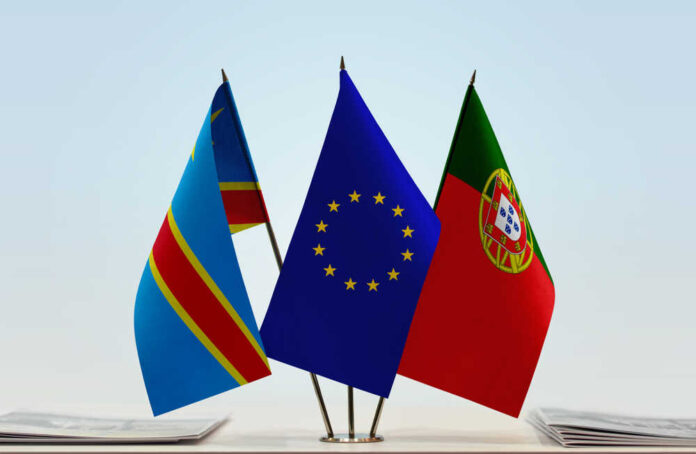
In an early election on Sunday, Portuguese citizens cast ballots that might cause the country to follow the rest of Europe in the movement toward the right, following eight years of socialist leadership.
The Democratic Alliance (AD), a center-right coalition, is currently leading the Socialist Party (PS) in final opinion surveys released on Friday, but they still do not have a majority in parliament. As a result, the far-right Chega may play a key role in forming a coalition administration.
With so many people still undecided, experts cautioned that the outcome of Portugal’s second election in as many years would be very unpredictable.
During their campaign, the AD promised to provide public services and lower taxes to stimulate the economy.
In the northern town of Espinho, the party’s head, a 51-year-old lawyer named Luis Montenegro, expressed his “hopefulness about the future.”
Midway through the day, 25.2% of eligible voters have cast their ballots, up from 23.3% in the previous election in 2022.
While Montenegro has categorically denied any possibility of a post-election deal with Chega, other senior AD officials have been less clear. Some analysts have speculated that the AD’s only chance of becoming president is to strike a deal with the anti-establishment party.
Chega, like other European populist right-wing groups, has capitalized on fears of crime and increasing immigration.
Portugal has one of the most liberal immigration policies in Europe, which has resulted in a tenth of the population being born outside the nation. The number of foreign-born Portuguese citizens doubled in five years and reached one million last year.
The cry of “Enough” (chega) demands more stringent immigration policies: strengthened anti-corruption efforts and chemical castration for molesters of women and children.
Chega leader Andre Ventura, a former training priest turned television football commentator, told reporters after casting his ballot in Lisbon that Portugal was “going through great demographic and social changes” and that they needed to vote.
In 2022, Chega’s parliamentary seats climbed to 12. This time around, polls indicate that it could more than triple that number.
That would be similar to the rise of conservative parties in other European nations where they are currently in power or are gaining ground.














